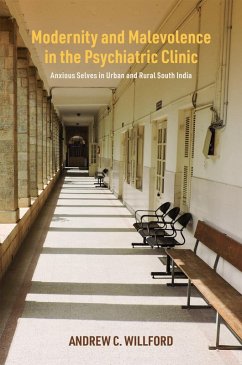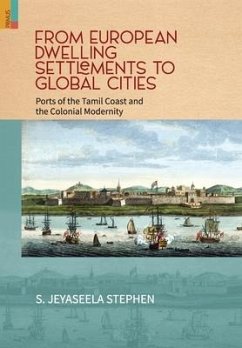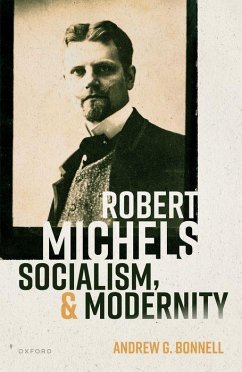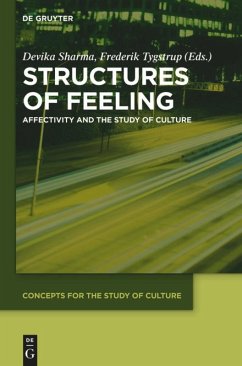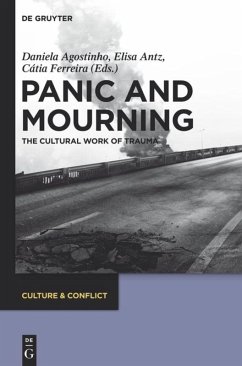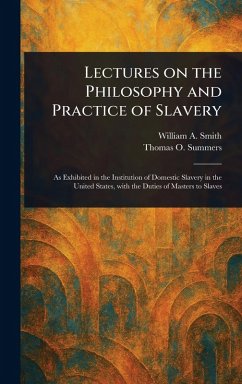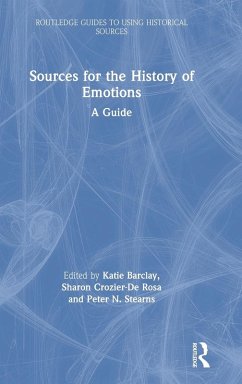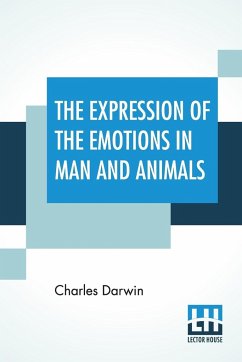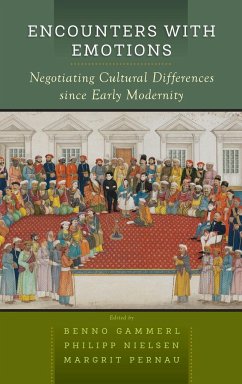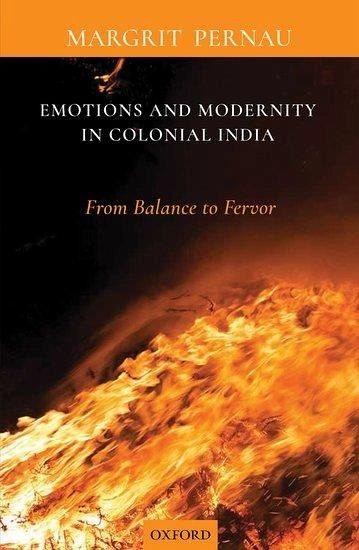
Emotions and Modernity in Colonial India
From Balance to Fervor
Versandkostenfrei!
Versandfertig in über 4 Wochen
74,99 €
inkl. MwSt.

PAYBACK Punkte
37 °P sammeln!
Emotions and Modernity in Colonial India investigates the experiences, interpretations and practices of emotions in India between 1857 and the First World War. It is based on a large archive of sources in Urdu, many explored for the first time, showing the transformation from the ideal of balance and harmony to a desire for strong, visceral and even indomitable passions, which the contemporaries took as a sign for the youthfulness and vigor of thecommunity.



